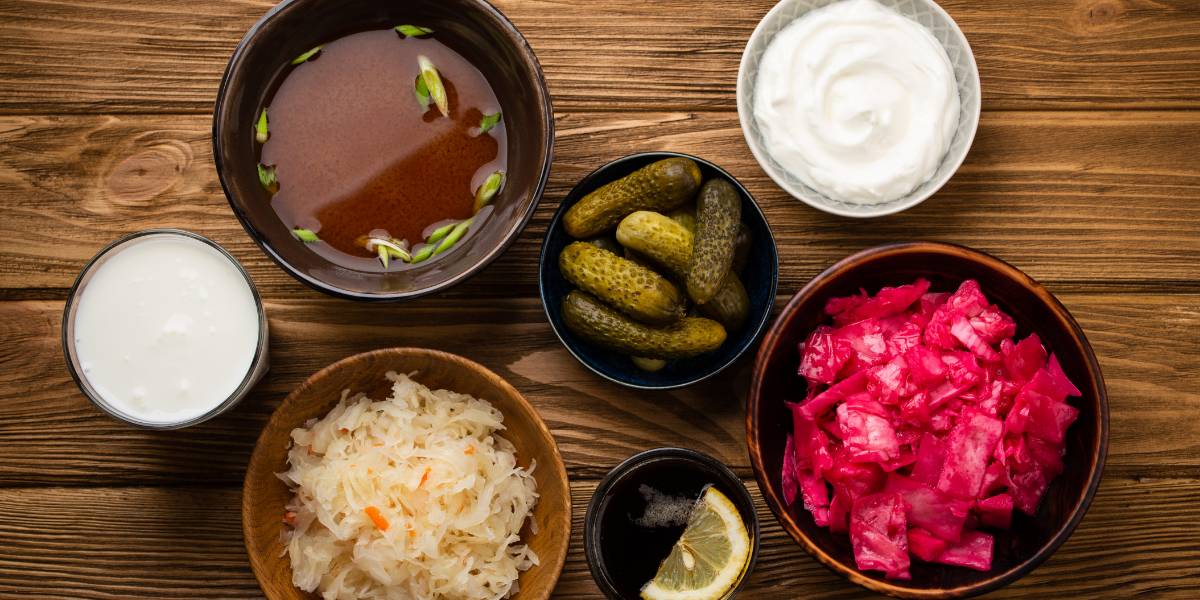An on-going study of 200 fermented foods has shown that almost all of them have the potential for boosting brain and gut health.
Researchers in Ireland are currently studying the effect of fermented foods on brain health and have found that fermented sugar-based and vegetable-based products demonstrate the most potential.
Fermented foods contain the amino acid tryptophan, which is key to producing the mood chemical serotonin.
In their raw form, some also contain other brain messengers so it fits that this latest research has shown that consuming fermented foods can have an impact on brain function.
- Extra microbiome variations and reduced inflammation triggered by fermented foods
- Gut bacteria could be influential in development of type 2 diabetes
Researchers from APC Microbiome, University College Cork, and Ireland’s Agriculture and Food Development Authority say they are surprised by the early results.
Researcher Ramya Balasubramanian said: “I expected only a few fermented foods would show up, but out of 200 fermented foods, almost all of them showed the ability to exert some sort of potential to improve gut and brain health.
“Fermented sugar-based products and fermented vegetable-based products are like winning the lottery when it comes to gut health and brain health.
“For all that we see on sugar-based products being demonised, fermented sugar takes the raw sugar substrate, and it converts it into a plethora of metabolites that can have a beneficial effect on the host. So even though it has the name ‘sugar’ in it, if you do a final metabolomic screen, the sugar gets used by the microbial community that’s present in the food, and they get converted into these beautiful metabolites that are ready to be cherry-picked by us for further studies.”
- Buy a microbiome test
- Meditation could have positive effects on microbiome and gut health, small study shows
Examples include kombucha, a fermented beverage made from sweetened black or green tea that is fermented using a culture of bacteria and yeast. Another is kimchi, a traditional Korean fermented dish made from a variety of vegetables such as napa cabbage.
Other fermented foods include:
- Sauerkraut – a fermented cabbage dish that originated in Germany and is rich in probiotics and antioxidants
- Miso – a traditional Japanese seasoning made from fermented soybeans, rice, or barley
- Tempeh – a high-protein food made from fermented soybeans
- Pickles – cucumbers or other vegetables that have been pickled in vinegar or brine
While further research is planned to examine the specific effects on the brain of different fermented foods, the researchers hope these early results may encourage people to start including fermented foods in their diets.







